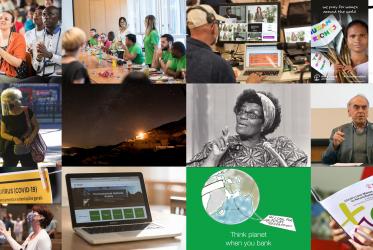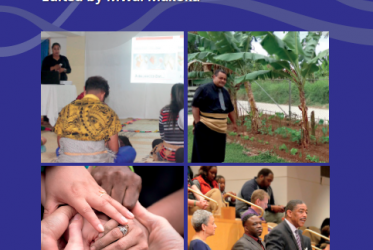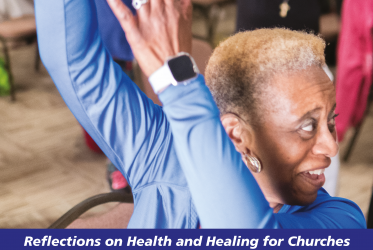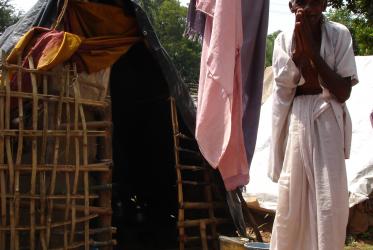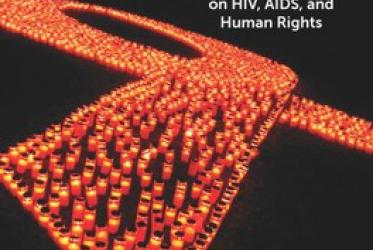Displaying 1 - 14 of 14
WCC reaffirms UN declaration on human rights
10 December 2018
#WCC70: A prayer about health and healing
20 July 2018
#WCC70: Remembering Orissa
11 January 2018
WCC 70th anniversary started in Beijing
07 January 2018
WCC book featured in UN discussion on gender, religions and health
16 September 2016

